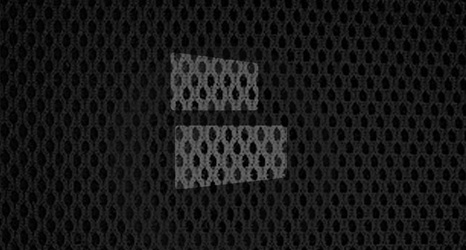If that’s an exaggeration, it’s not as much of one as you may think. While there had — obviously — been teenagers before, it wasn’t until the leading edge of the Baby Boom reached that milestone that the word took on its modern meaning. In the heady prosperity of those first years post-war and post-Depression, “teenage” came to be seen as a wholly separate phase of life, a way station between childhood and adulthood.
Where once it had been common for people that age to help support the family or to marry and make families of their own, these new teenagers were more likely to be spared such adult responsibilities.
